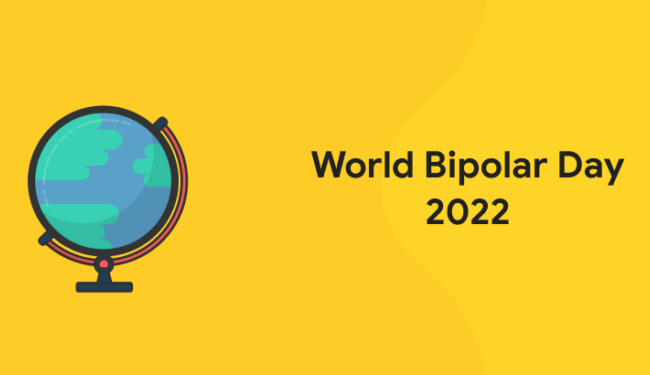Celebrated every year on 30 March, World Bipolar Day is a world-wide awareness initiative of the International Society for Bipolar Disorders, in conjunction with the Asian Network of Bipolar Disorder and the International Bipolar Foundation.
The aim of WBD is to raise awareness of the disorder and eliminate social stigma through education, leading to greater sensitivity towards those experiencing it.
We asked Professor Robert Schweitzer, a Deputy Chair of the APAC Board, about bipolar and possible treatments.
Bipolar disorder, comprising bipolar I and bipolar II disorder, is characterised by recurrent mood episodes. The frequency between depressive and manic episodes can be quite variable across different clinical presentations. The presence of manic and depressive episodes can significantly impact the functioning of the family unit.
Although the lifetime prevalence of bipolar disorder is 1.3 to 1.6 per cent of the general population, the mortality rate is high, with 10 to 20 per cent of individuals taking their own life, and nearly a third admitting to at least one suicide attempt (Müller-Oerlinghausen et al. 2002).
There is a consensus that there is a genetic component to the pathogenesis of bipolar disorder but also increasing recognition that early life adversity and stressful life events can contribute to clinical relapse. Long-term pharmacological treatments including mood stabilisers are important in the management regimen.
Against this background, adjunctive psychological interventions have been shown to enhance efficacy in preventing or delaying relapse as well as improving outcomes compared to stand alone pharmacotherapy-based treatment regimens (Müller-Oerlinghausen et al. 2002).
Psychological-based interventions include individual and/or family-based psychoeducation. These interventions have been shown to improve treatment adherence, quality of life as well as improved interpersonal functioning within the family unit.
Furthermore, psychological-based interventions have been shown to lead to a reduction in relapse rates and reduced hospital admission rates as well as reduced length of stay (Baruch et al. 2018).
Emerging therapeutic approaches include group mindfulness-based cognitive therapy (MBCT) to reduce emotional dysregulation and Metacognitive Reflection and Insight Therapy (MERIT) to address deficits in metacognition and shame associated with bipolar episode experiences.
The role of a holistic and multimodal treatment is being increasingly recognised. The psychiatrist Kay Jamison, who has lived experience of bipolar disorder, has noted: “Ineffably, psychotherapy heals. It makes some sense of the confusion, reins in the terrifying thoughts and feelings, returns some control and hope and possibility of learning from it all …
“No pill can help me deal with the problem of not wanting to take pills; likewise, no amount of psychotherapy alone can prevent my mania and depressions. I need both” (cited by Gabbard, 2014).
Baruch, E., Pistrang, N., & Barker, C. (2018). Psychological interventions for caregivers of people with bipolar disorder: a systematic review and meta-analysis. Journal of Affective Disorders, 236, 187-198.
Gabbard, G. O. (2014) Psychodynamic Psychiatry in Clinical Practice. APA; Washington.
Müller-Oerlinghausen, B., Berghöfer, A., & Bauer, M. (2002). Bipolar disorder. The Lancet, 359(9302), 241-247.

